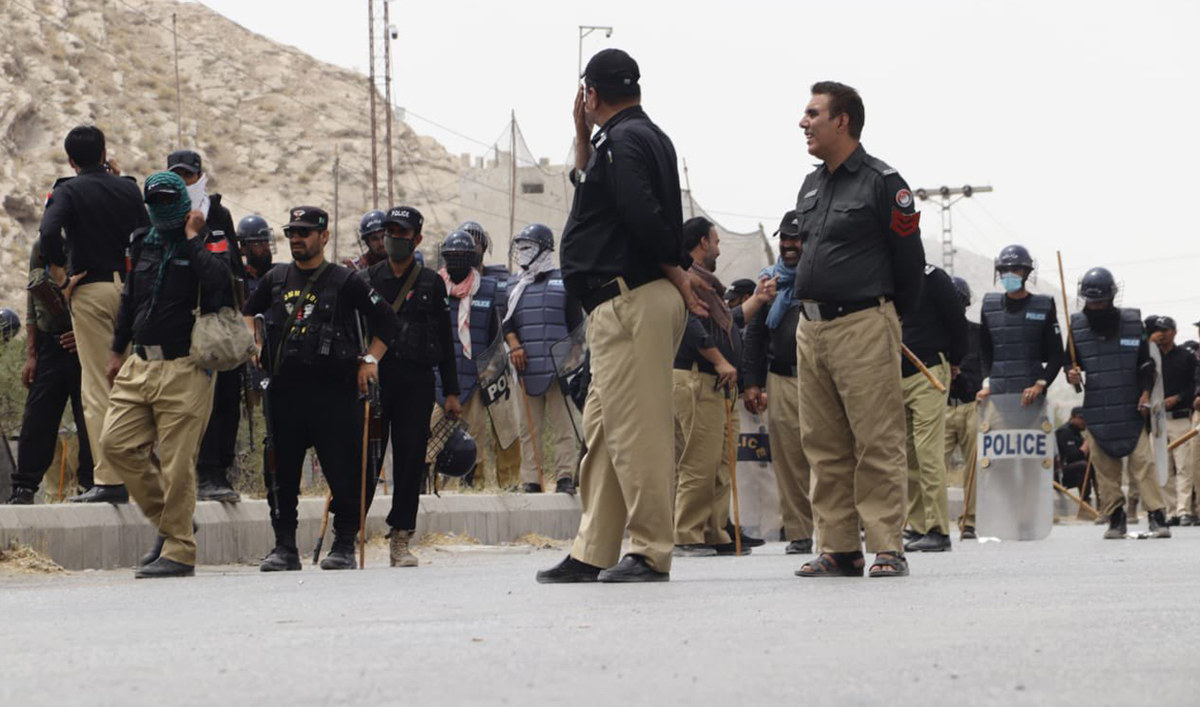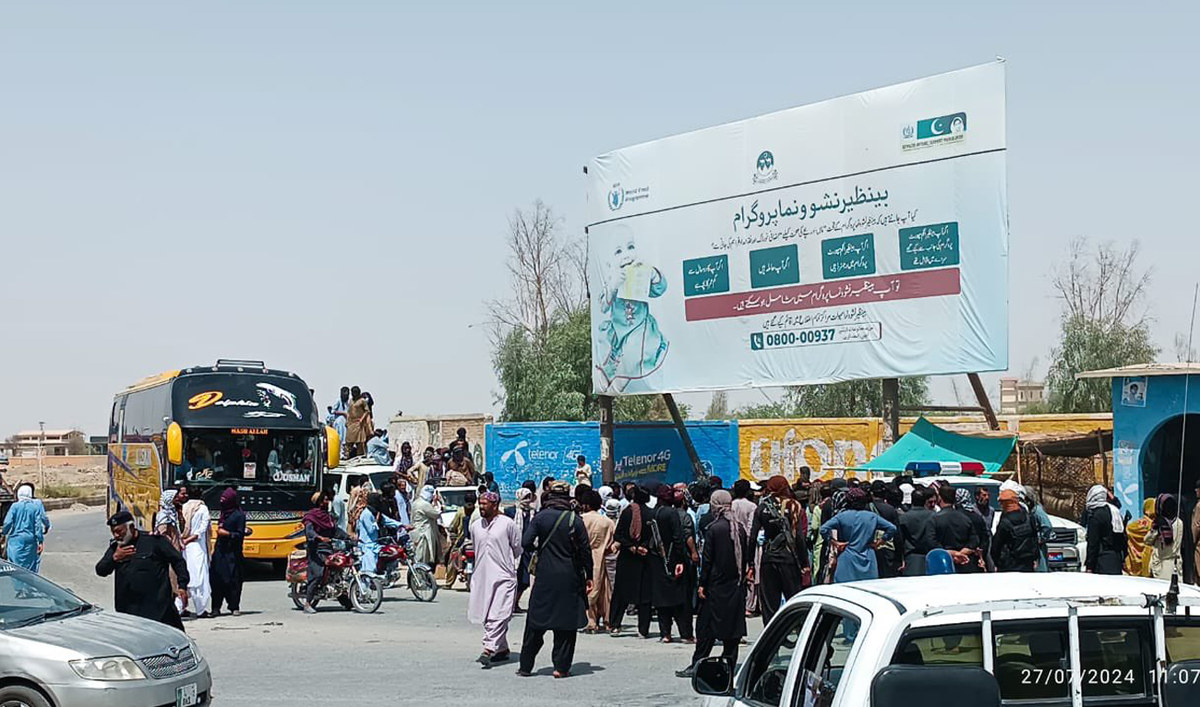ISLAMABAD: The US Department of State Spokesperson Matthew Miller said on Friday Washington would work with any new government that came into power in Pakistan after this week’s election, regardless of which political party led the new administration.
Ties between Islamabad and Washington, once close allies, have just started to warm after some years of frosty relations, mostly due to concerns about Pakistan’s alleged support of the Taliban in Afghanistan.
Relations strained further under the government of former prime minister Imran Khan, who ruled from 2018-22 and antagonized Washington by welcoming the Taliban takeover of Afghanistan in 2021 and later accusing the US of being behind attempts to oust him. Washington has dismissed the allegations.
The government of PM Shehbaz Sharif that took over after Khan and whose term ended last year tried to mend ties but analysts widely believe the United States will not seek a significant broadening of ties with Islamabad in the near future but remain mostly focused on security cooperation, especially on counterterrorism and Afghanistan.
In the run-up to Feb. 8 elections, the US had repeatedly declined to comment on who it wanted to see in government, saying this was for the Pakistani people to decide.
“The United States is prepared to work with the next Pakistani government, regardless of political party, to advance our shared interests,” Miller said in a statement.
“We look forward to bolstering our partnership by supporting Pakistan’s economy through trade and investment.”
Miller said the US would continue to support Pakistan in strengthening its democratic institutions, engage with the South Asian nation through the US-Pakistan Green Alliance Framework, broaden people-to-people ties, and promote human rights, including freedom of expression.
“We are also committed to strengthening our security cooperation and creating an environment of safety and security that affords the Pakistani people the peace, democracy, and progress they deserve,” Miller said.
He commended millions of Pakistanis who made their voices heard by voting in elections, with record numbers of Pakistani women, members of religious and ethnic minority groups, and youth registered:
“We commend Pakistani poll workers, civil society, journalists and election observers for their work to protect and uphold Pakistan’s democratic and electoral institutions. We now look forward to timely, complete results that reflect the will of the Pakistani people.”
Islamabad has long called for a broadening of ties with Washington beyond just security concerns and hopes to boost bilateral trade in goods and services, which the Pakistani embassy says totals about $12 billion currently.





















